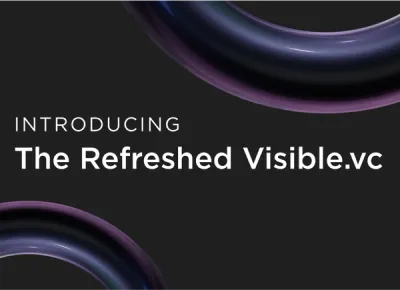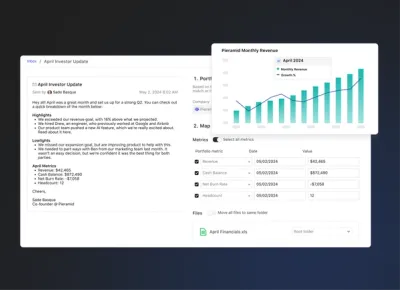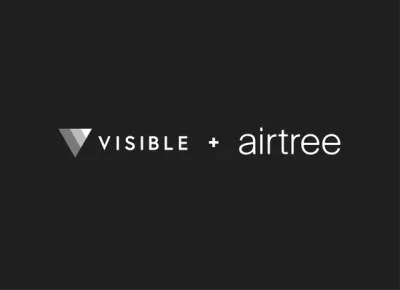
The Power of Wandering: Lessons from the 2018 Amazon Letter to Shareholders

Lessons From the 2018 Amazon Letter to Shareholders
Since his original 1997 shareholder letter, Jeff Bezos’ shareholder letters have become known as valuable resources that could feel right at home as material for an MBA course. The 2018 letter to shareholders is not different. Jeff drops loads of knowledge on customer obsession, intuition, curiosity, and the power of wandering.
Innovation has always been a core part of Amazon’s rapid growth. It’s almost as if Joseph Schumpeter was writing about Amazon in his economic theory of creative destruction. Schumpeter strongly believed that capitalism was fueled by innovation and the entrepreneurs who are willing to innovate. Creative destruction can be defined as, “a process in which new technologies, new kinds of products, new methods of production and new means of distribution make old ones obsolete, forcing existing companies to quickly adapt to a new environment or fail.”
Going back to Jeff Bezos’ original shareholder letter, he claims it will always be “day 1” at Amazon. The idea of “day 1” is that Amazon will always act as a startup, always be an innovator, and will always avoid creative destruction. Not only is Jeff a perfect example of Schumpeter’s entrepreneur who will innovate, so, it seems, are his employees. As Bezos’ puts it in his 2018 shareholder letter:
“From very early on in Amazon’s life, we knew we wanted to create a culture of builders – people who are curious, explorers. They like to invent. Even when they’re experts, they are “fresh” with a beginner’s mind. They see the way we do things as just the way we do things now. A builder’s mentality helps us approach big, hard-to-solve opportunities with a humble conviction that success can come through iteration: invent, launch, reinvent, relaunch, start over, rinse, repeat, again and again. They know the path to success is anything but straight.”
On their march to a $1T market cap, Amazon has hired talent that matches the description above and put an unbelievable emphasis on their customer base. If Amazon continues to deliver great value to their customers, they will continue to innovate. Intuition, curiosity, and wandering come together to uncover outsized discoveries that can radically change a product or market. Following and executing a plan is the most efficient way to build a business but if you truly want to innovate there has to be a keen desire to wander and test your intuitions.
While listening to customers fuels much of Amazon’s growth curiosity and intuition has been at the center of some of their biggest decisions. The story of AWS is a great example:
“The biggest needle movers will be things that customers don’t know to ask for. We must invent on their behalf. We have to tap into our own inner imagination about what’s possible…No one asked for AWS. No one. Turns out the world was in fact ready and hungry for an offering like AWS but didn’t know it. We had a hunch, followed our curiosity, took the necessary financial risks, and began building – reworking, experimenting, and iterating countless times as we proceeded.”
This simple, yet powerful, idea can be a lesson for all companies. Of course, it is vital to the life of your business to diligently listen to your customer base and deliver what they want, it is also important to listen to the market as a whole and your internal talent. By trusting your intuition and the talent around you, you can take a chance to “invent on their behalf.”
While not every company has $40B cash to lean on, implementing a culture of builders and wanderers can help your company innovate and continue to spur rapid growth.



